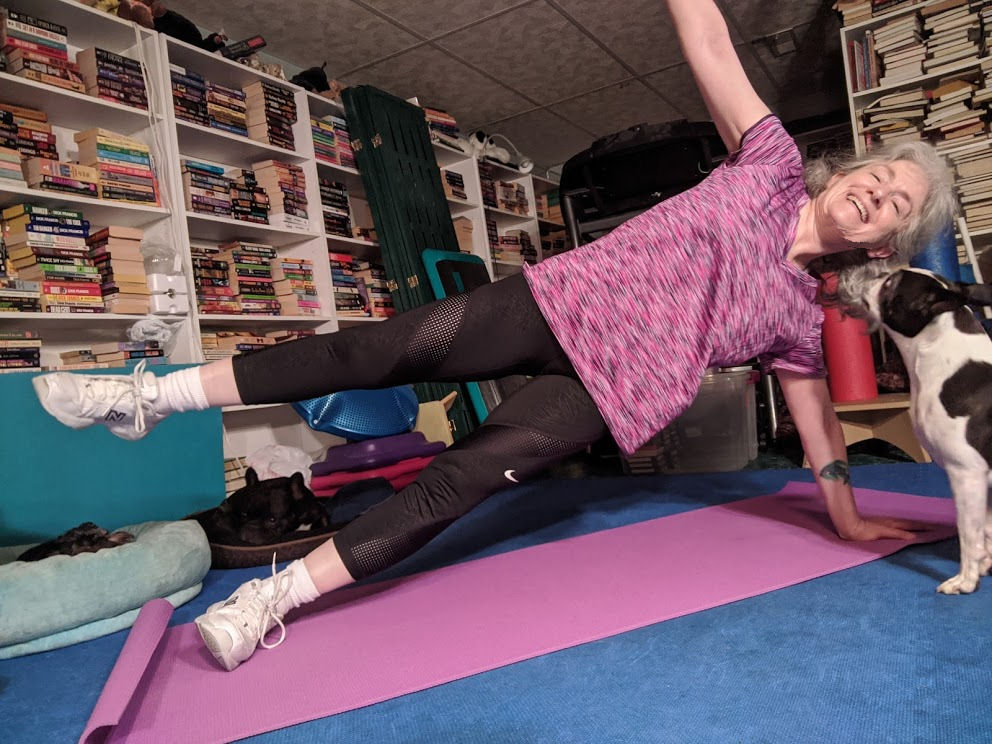Why set big goals?
It’s been all about goal-setting the last few weeks here. If you don’t have goals, then you’ll coast through life. That’s fine unless you want to accomplish anything. If you have dreams about your home, your family, your finances, then you need goals. But why set big goals? Aren’t small ones good?
Small goals are good
Of course, small goals are good. They’re what gets us through the day. The small goal of spending 2 minutes training my dog is better than not training him. Or sitting straight in my chair for 2 minutes rather than slumping is good for my posture and my spine. Planning what to make for dinner is certainly a laudable goal.
But big goals turn the world
All of the small goals mentioned above could be part of much bigger goals that could help you achieve more. That’s why we set big goals. Setting small, intermediate goals get our big goals done.
For example, if I train my dog for 2 minutes every single day, then at the end of a week we’ll have the foundations of a remarkable trick. After a couple weeks of training just 2 minutes a day, he’ll know how to retrieve something. At the end of a month I can think about training more behaviors to enter a competition.
If I sit straight in my chair for 2 straight minutes 3 times a day, my core will be more stabilized. I’ll be walking better. And my balance will improve. I’ll be breathing better, too.
And if I plan dinners for the family a few days in advance, I can plan my shopping to include more nutritious options. We’ll be healthier and perhaps lose some weight.
Big goals are more achievable
When we set big goals and approach them the “SMART” way, they have a better chance of being achieved. Not only that, but Edwin Locke’s famous theory argues that the more challenging the goal, we work harder to achieve it.
SMART goals
That is, in order to have a reasonable chance of success in achieving a goal, it must be Specific, Measurable, Assignable (or Acceptable), Realistic, and Time-based. And studies by Locke and associates have actually found that the more challenging the goal, within reason, the better the chance of succeeding.
Big goals build self-confidence
We need to be working toward meaningful goals. And writing them down helps provide us with a sense of direction and purpose. Plus, the more achievable but stretch-worthy goals we work toward, the more likely we are to build self-confidence, resilience and happiness. All attributes worth striving for.
So, why set big goals? We need those big goals to move forward in life with assurance and optimism.


